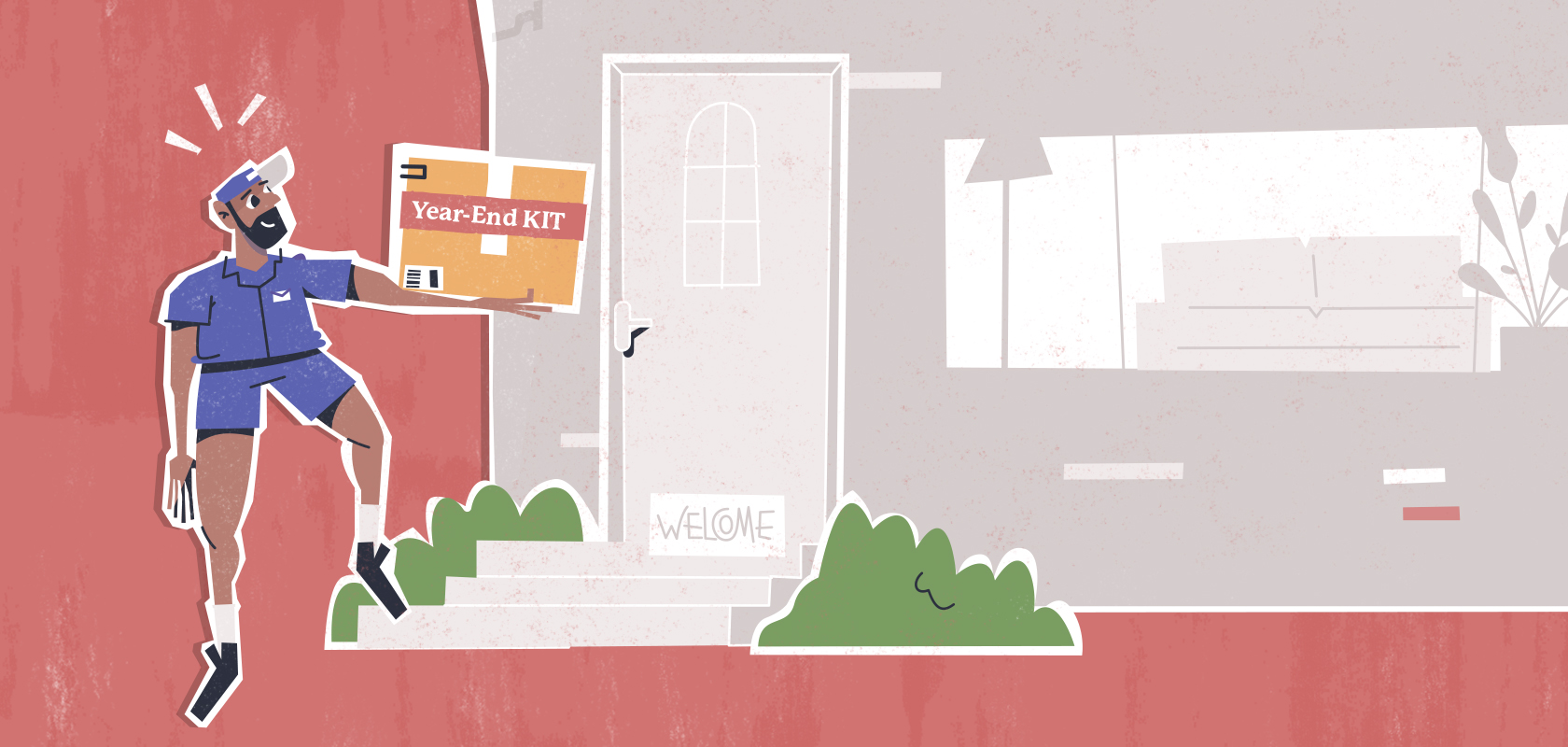Become an insider!
Get our latest payroll and small business articles sent straight to your inbox.
If you were on the Internet yesterday, you might have noticed sites that were blacked-out either completely or partially in protest of a piece of legislation being passed through the United States Congress. The most notable participants included Wikipedia, Reddit, and WordPress. But this post isn’t about politics. This post is about why you shouldn’t put all of your eggs in one online marketing basket.
What if You Depended on One Network for Traffic
Many business websites probably do not get a majority of their traffic from Wikipedia or Reddit. But yesterday’s movement is a friendly reminder that any marketing effort you depend on for traffic could disappear at a moment’s notice.
For example, if you had a link on one of the sites that shut down anywhere from 12 to 24 hours, and that link usually brought in a consistent amount of traffic, then you might have missed out that traffic yesterday during peak hours. Some of the websites that participated in the blackout had advertisers who lost a day of exposure to the site’s average of hundreds or even thousands of daily visitors.
The entire point of the blackout was to demonstrate that, if the protested legislation passed, those sites and many, many others could be taken down indefinitely. It was done to increase awareness about the legislation itself, but it also should raise the awareness that you can’t depend on one source of traffic to your business website as always being stable.
Why You Should Diversify
This is why diversity is key in online marketing. You can’t focus all of your efforts on just one strategy. If you visit your Google Analytics right now, and view your Traffic Sources, what do you see? Is your traffic arriving from several different types of sources (search, social, advertising) or just one type of source? Or worse, is it all coming from just one site.
You Can’t Depend Solely on Search
If all of your traffic is coming from Google, ask yourself what you would do if that traffic were to disappear tomorrow? Almost one year ago, Google implemented the new Panda algorithm that destroyed many sites’ keyword rankings. Those sites suffered major traffic losses. Google is continuing to change their algorithm, now focusing on adapting rankings based on social search. Hence sites that have depended on their link building and SEO efforts to rank at #1 might begin to see changes to that ranking if they haven’t also invested in social media, particular Google+.
You Can’t Depend Solely on Social
Social media networks have rules, and if you aren’t careful, you (or your marketing agency) could accidentally break one of those rules. The result would be the loss of your profile or page on that network. YouTube channels, Facebook pages, and Twitter accounts with anywhere from hundreds to even hundreds of thousands of subscribers, fans, and followers have disappeared in the blink of an eye due to terms of service violations.
You Can’t Depend Solely on Hosted Blogs
If your blog content is not on your own domain, then it is subject to the rules of the blogging network that is hosting it. Some websites depend on an outside blog to bring traffic back to their domain. But the question is – if that blog on Blogger, Tumblr, or WordPress.com were to be shut down, you wouldn’t only lose the traffic that they brought to your site, but also all of the valuable content you have created and comments you have received.
How to Diversify Your Online Marketing
Am I saying you should give up focusing on SEO, social media, or blogging? Absolutely not. What I am saying is that you should stop focusing on just one and start focusing on them all. Chances are, you (hopefully) won’t lose your search, social, and blogging traffic all in one go. But if you were to lose one, you would be able to immediately step up your game in another area of your online marketing. So starting today, be sure to:
- Start using a variety of online marketing techniques that help boost your search engine rankings, social media exposure, and on-site content development.
- Keep up to date with the latest changes in search algorithms, social media policies, and blogging network terms of service.
- Monitor your traffic closely to see if there is any decrease in visitors from a particular source – this might indicate a problem early on.
Do you diversify your online marketing strategy? Have you seen a drop in traffic in one area and successfully been able to increase your traffic in another? Please share your experiences in the comments.
![]()










